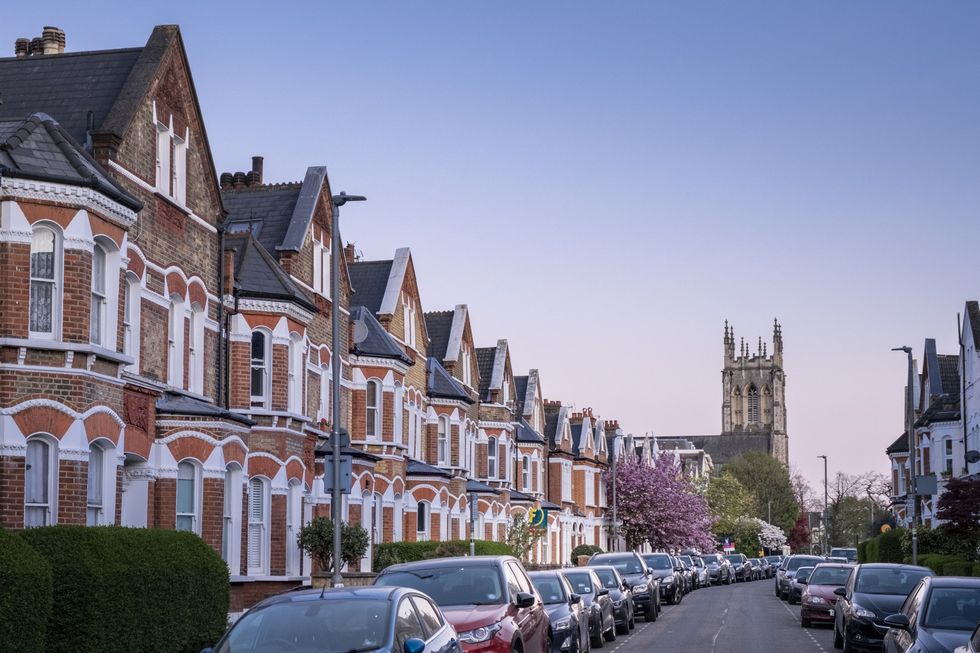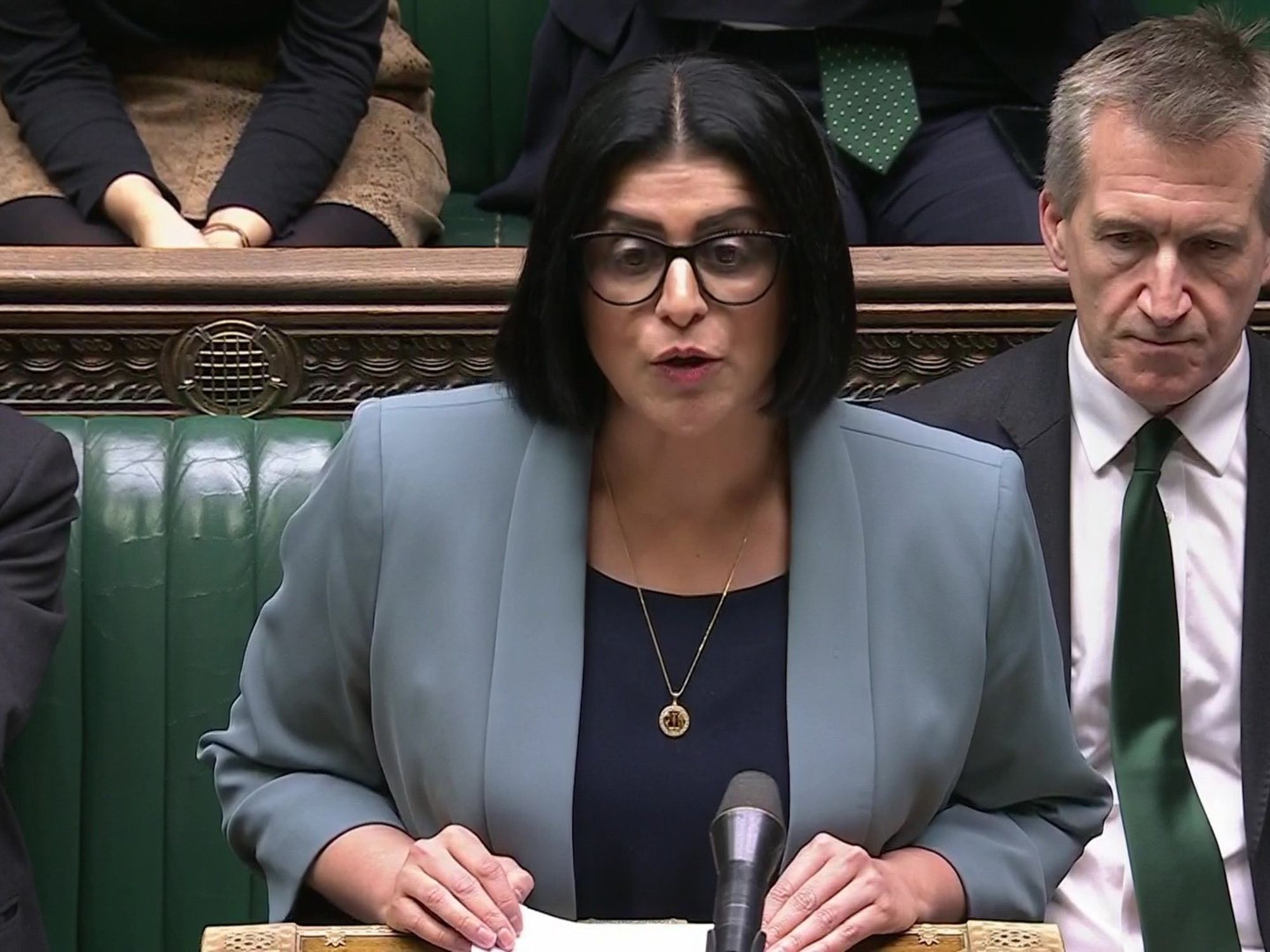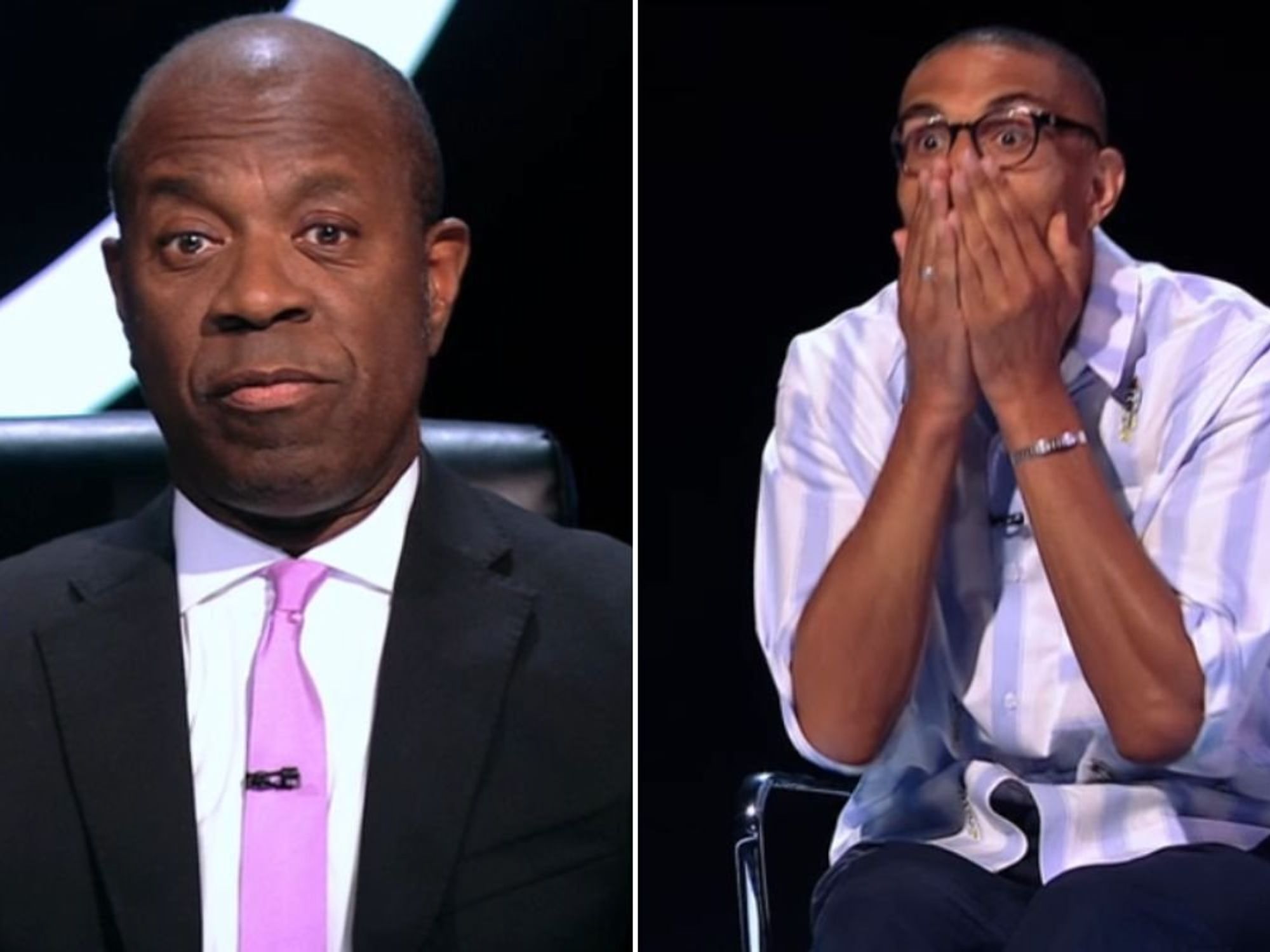Northeast households set to pay £421 more in council tax than those in London

Northeast to pay £421 more in council tax than those in London
|GETTY

Council tax for properties in band D will rise by 5.2 per cent across England and Wales from April
Don't Miss
Most Read
Families in the northeast of England will be hit hardest by council tax rises, leaving them paying up to £420 more than those living in similar properties in London, new research has shown.
A survey has warned poorer areas of the country will pay more council tax, which will only exacerbate the entrenched regional disparities of councils across England and Wales.
The Chartered Institute of Public Finance and Accountancy found that band D properties, which are used as the baseline for setting other band rates, will rise by 5.2 per cent across England and Wales from April — 0.3 per cent more than this year.
The survey which looked at more than 200 local authorities in England and Wales highlighted the biggest difference was between households in northeast England, and their counterparts in London.
Households in the northeast will pay £420 more for an average band D property in council tax next year than those in Greater London.
Cipfa has warned the figures paint a “worrying picture” as the gap between the two areas continues to grow.

Most band D properties across the country, except London, will see their council tax exceed £2,000 per year
|GETTY
Most band D properties across the country, except London, will see their council tax exceed £2,000 per year.
In 2021, the northeast and southwest of England were the only regions to exceed the £2,000 threshold, Cipfa said.
Across all council tax bands, the northeast will see an average rise of £112.14 — higher than the £105.57 seen in Greater London.
Iain Murray, Cipfa’s director of public financial management said: “The continuous council tax gap between London and the rest of the country further reflects the profound regional inequalities that exist.
“With the public sector model crying out for systematic reform, Cipfa’s council tax survey leaves us asking: What is the role of local government? What do we want our public services to provide for us? And how do we fund this?”
He added that due to dwindling central government funding of councils, “local government is crumbling under the pressure to plug the gaps in funding shortfalls”.
Millions of households are expected to see their council tax bills rise in April as councils attempt to balance their books.
Some councils are set to impose large increases while simultaneously slashing services.Councils with social care duties can raise council tax by up to 4.99 per cent, without triggering a referendum. Others can increase it by up to 2.99 per cent.
In April, 75 percent of councils are expected to introduce the maximum increase, according to the County Councils Network, a local government organisation.
How much people pay depends on what council tax band the property is in. Typically, the more expensive the property, based on April 1, 1991 values, the higher the band.
Commenting on the spring budget, Cipfa’s chief executive warned that councils need long-term and sustainable solutions from government rather than short-term tax decisions. Some councils are in desperate need of intervention as they face bankruptcy due to holes in their finances.
Birmingham City Council, for example, is set to hike council tax by 21 per cent over the next two years, as it tries to make savings of £300million.
Woking Borough Council can raise council tax by up to 10 per cent, while Thurrock and Slough can put bills up eight per cent.
LATEST DEVELOPMENTS:
They have all effectively declared themselves bankrupt. A Department for Levelling Up, Housing and Communities spokesman said that they recognised the pressure on councils, adding that a recent £600million support package for English councils had boosted their funding by 7.5 per cent to £64.7billion in 2024/25.
They said: “Councils are ultimately responsible for their own finances and for setting their own council tax. We have no plans to conduct a nationwide revaluation of council tax bands.
“In response to calls for stability from the sector, the government confirmed reform of the system would not take place in this Parliament.”










